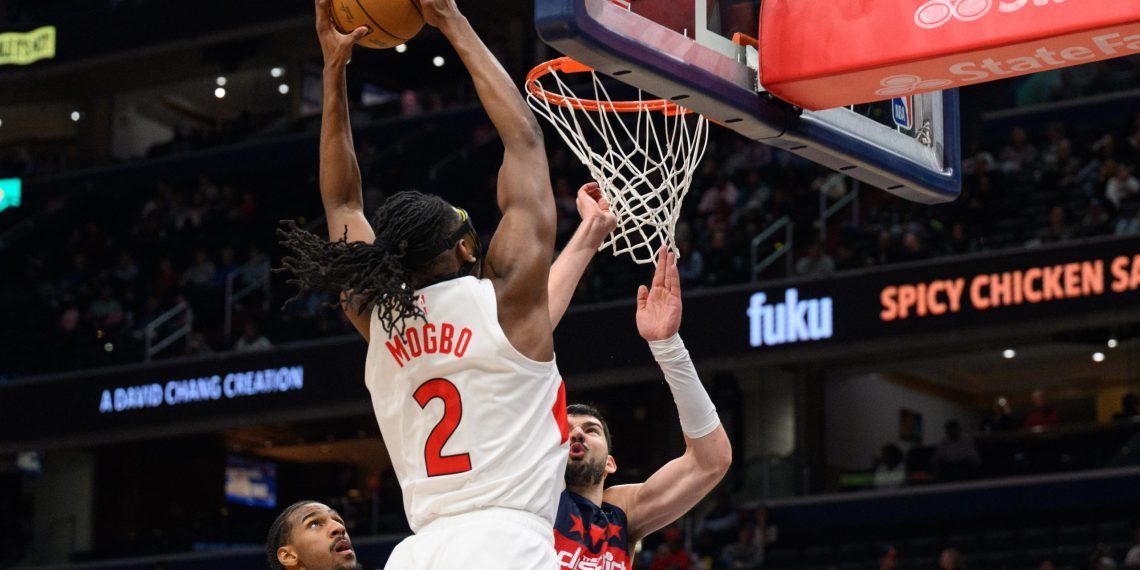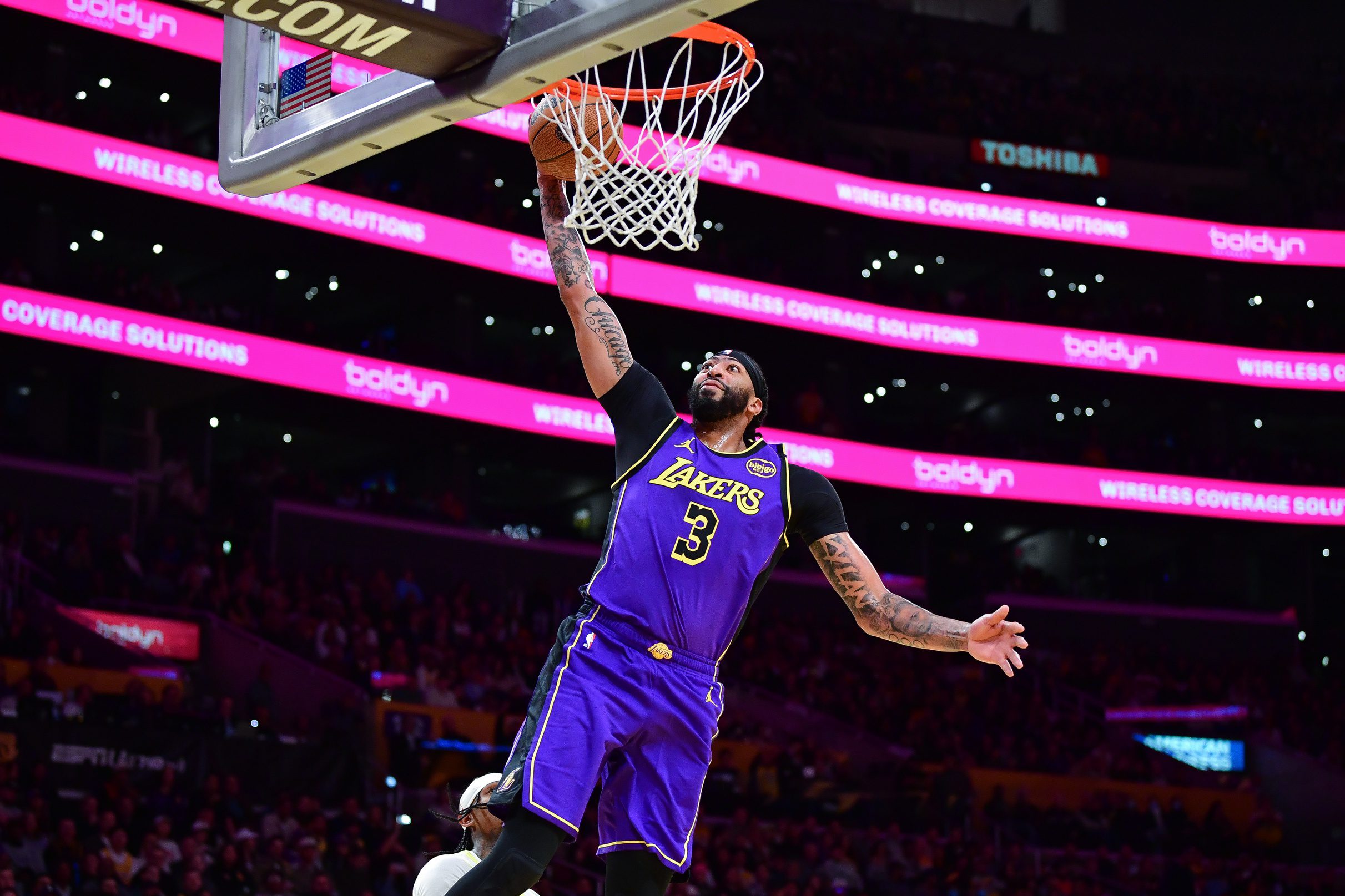Setting the Stage
The matchup on Wednesday night represents a critical juncture for the Toronto team as they face off against Brooklyn in one of their last opportunities to alter their lottery position. With the team needing a loss to improve their odds, the pressure is on to influence the standings in their favor.
Implications for the Draft Lottery
Currently, Toronto holds a 7.5% chance for the No. 1 pick and a 31.9% probability of landing a slot within the top four. A loss would boost these figures to 9% for the top spot and 37.2% for a top-four finish. This game serves as a pivotal moment where every possession could have lasting implications on their draft future.
Resting Key Players and Adjusted Rotations
To manipulate their chances, Toronto has decided to rest key anchors, opting out Jakob Poeltl and Immanuel Quickley. Meanwhile, RJ Barrett and Scottie Barnes remain active for the night. The strategy revolves around minimizing minutes for these core players, particularly if the game evolves with a substantial lead. The objective is clear: restrict playing time to shape the outcome as desired.
Increased Opportunities for the Bench
With the designated starters sidelined, the playing time is expected to shift significantly toward the team’s second and third units. Expect Orlando Robinson, Jonathan Mogbo, Ja’Kobe Walter, Jamison Battle, A.J. Lawson, and Jamal Shead to receive ample minutes. This rotation strategy is designed to empty the bench quickly, should the game turn in Montreal’s favor, ensuring the planned reduction in key players’ minutes.
Opposing Adjustments and Game Forecast
Brooklyn is also making adjustments by resting one of their players, a move that could influence the pace and tempo of the contest. With Toronto entering the game as 2.5-point underdogs and holding an implied win probability of 47.6%, the tactical maneuvers add an extra layer of intrigue. The game total is set at 214.5, setting a framework for what could be a tightly contested battle affected as much by strategy as by performance.
This encounter is not merely about winning or losing on the court but involves calculated decisions to impact future opportunities in the draft, underscoring the complexity of managing both short-term competition and long-term team development.









